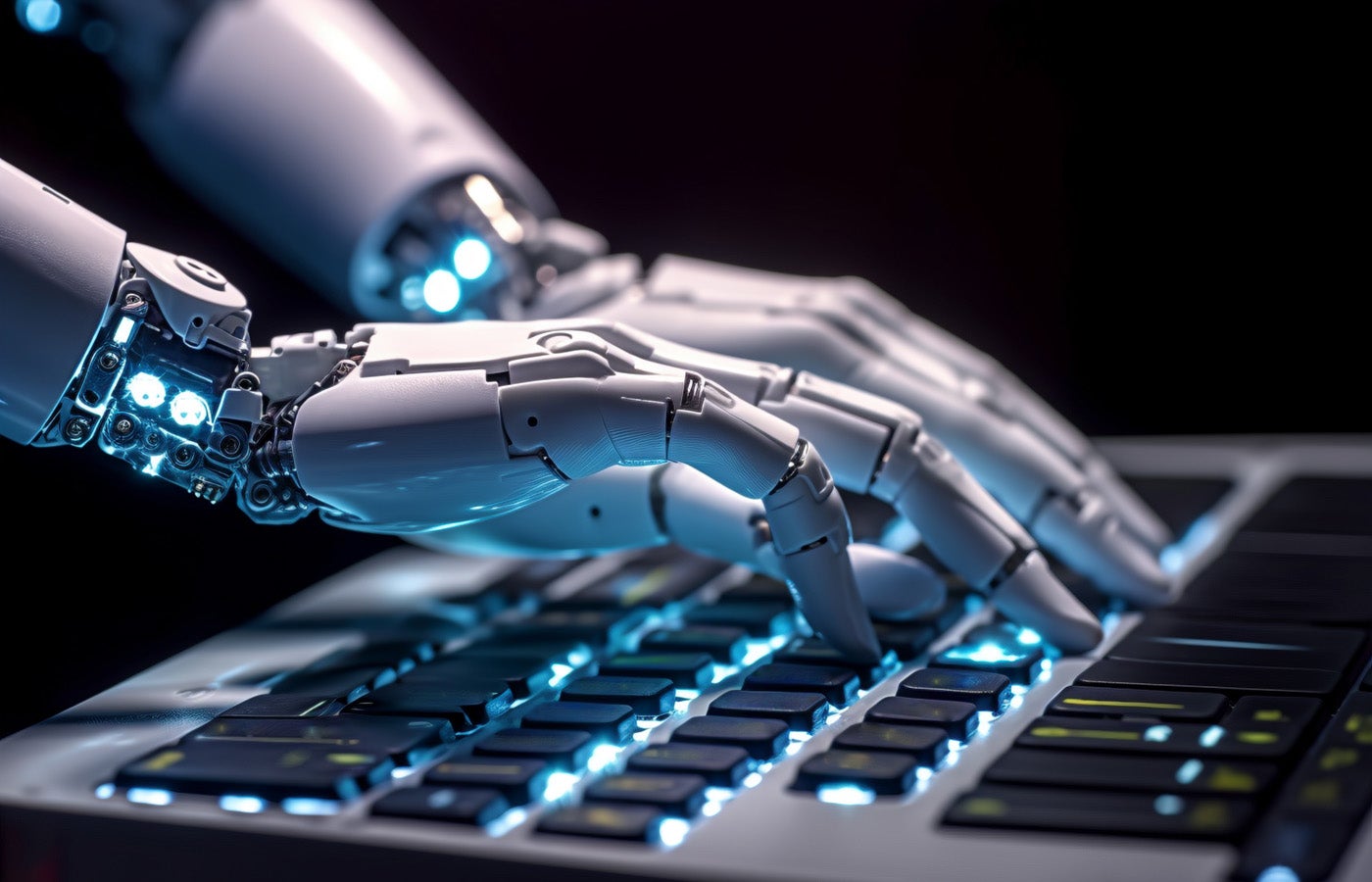The Rise of AI Writers and the Question of Creative Authenticity
The literary world is abuzz with the recent release of "Bard," a new AI writing tool that can generate everything from poems and scripts to novels and news articles. While some hail Bard as a revolutionary tool that will democratize creativity, others worry that it could spell the end of human authorship as we know it.
At the heart of the debate lies the question of creative authenticity. What does it mean to be a creative author in the age of AI? Is a work of art any less authentic if it was generated by a machine?
The Arguments for AI Writing
Proponents of AI writing argue that it has the potential to:
- Make creativity more accessible: Bard can help people who have never considered themselves writers to express themselves creatively.
- Break down writer's block: Bard can generate new ideas and help writers overcome creative obstacles.
- Improve the quality of writing: Bard can help writers with grammar, punctuation, and style.
They also point out that AI writing tools are not designed to replace human authors. Instead, they are seen as a way to augment human creativity.
The Arguments Against AI Writing
Opponents of AI writing argue that it:
- Devalues human creativity: AI-generated art is not a product of human imagination and experience.
- Leads to plagiarism: AI writing tools can be used to plagiarize existing works.
- Creates a monoculture of sameness: If everyone is using the same AI writing tool, all art will start to sound the same.
They also worry that AI writing could lead to job losses for human writers.
The Way Forward
The debate about AI writing is likely to continue for many years to come. However, it is important to remember that AI is a tool, and like any tool, it can be used for good or evil. It is up to humans to decide how we will use AI writing tools.
We can choose to use them as a way to enhance our own creativity, or we can choose to let them dictate the terms of our creative expression. The choice is ours.
What do you think?
Do you think AI writing tools are a threat to creative authenticity? Or do you see them as a valuable tool that can help us to be more creative? Let me know in the comments below.
In addition to the points mentioned above, I would also like to add the following:
AI writing tools are still in their early stages of development. It is likely that they will become more sophisticated in the years to come.
The ethical implications of AI writing need to be carefully considered. For example, who owns the copyright to a work of art that was created by an AI?
We need to find ways to ensure that AI writing does not exacerbate existing inequalities. For example, if AI writing tools are only accessible to the wealthy, they could further widen the gap between the rich and the poor.
The rise of AI writing is a complex issue with no easy answers. However, it is an important issue that we need to start thinking about now. By having open and honest conversations about AI writing, we can ensure that this powerful technology is used for good.


No comments:
Post a Comment